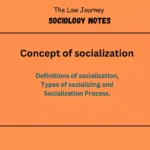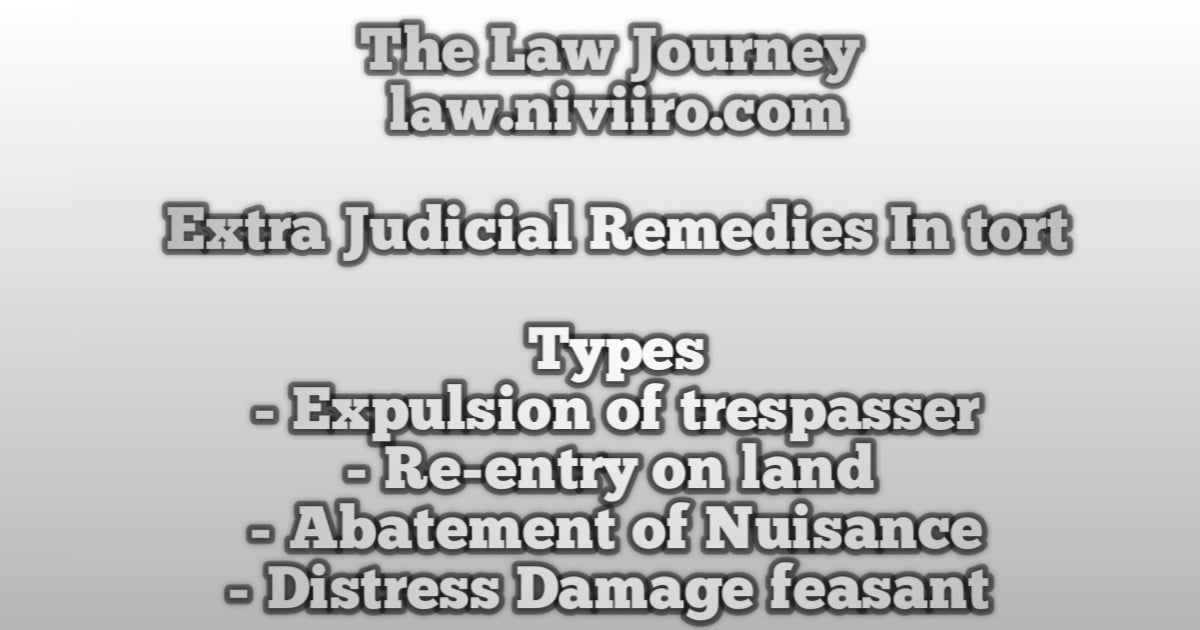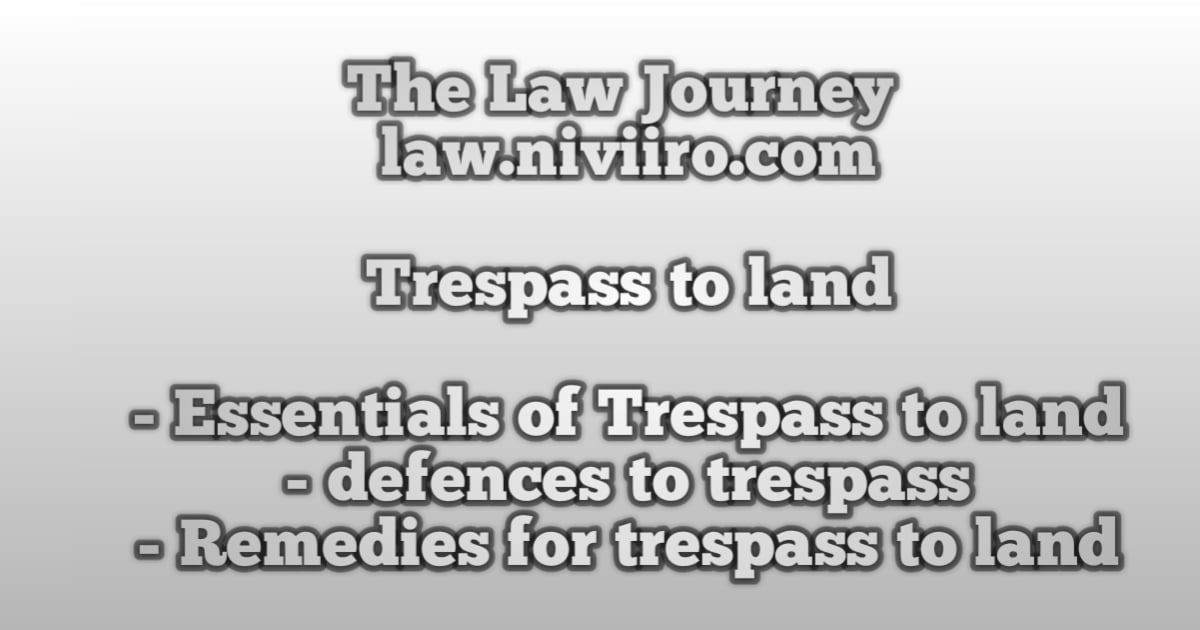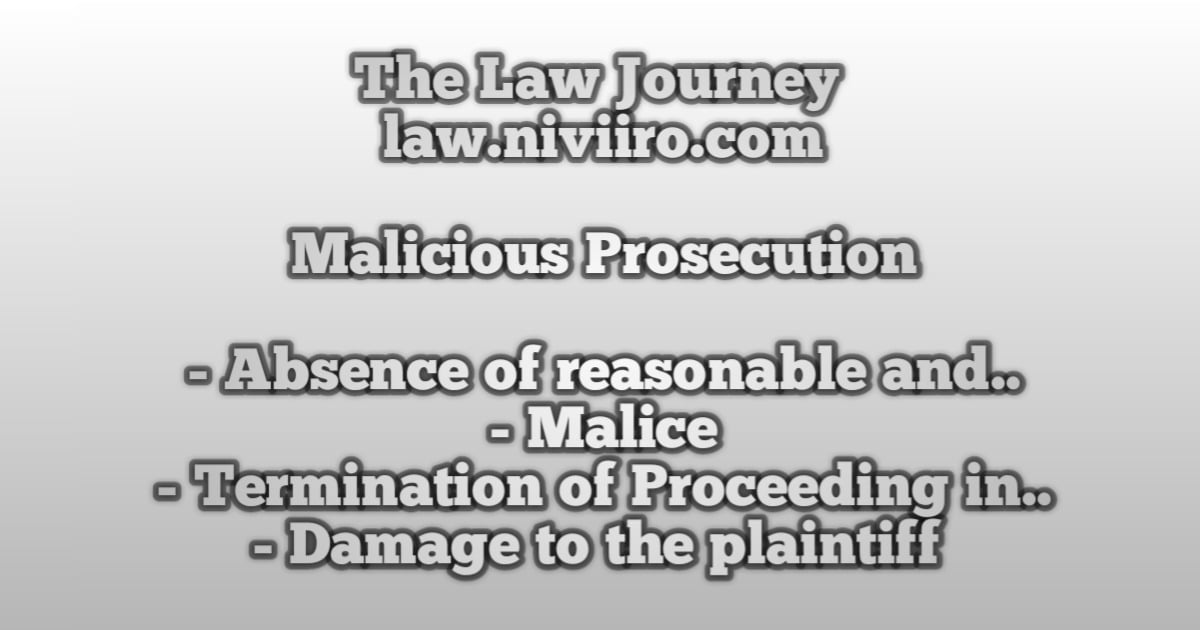Law does not expect a person to approach the court for redress where a person can solve the wrong tasks made by the defendant by himself or self help. Such remedy which a person is allowed to seek without approaching the court for justice are known as Extra Judicial Remedies in tort.
Types of Extra-Judicial Remedies
There are mainly four types of Extra-Judicial Remedies. that are :
(1) Expulsion of trespasser
(2) Re-entry on land
(3) Abatement of nuisance
(4) Distress damage feasant.
Expulsion of trespasser
A fair level of force can be used to evict a trespasser from one’s property. The two prerequisites are as follows: the individual must be entitled to immediate possession of his property. The owner’s use of force should be proportionate to the circumstances.
For Example : A trespasses in B’s property. B has the right to use reasonable force to evict him and re-enter his property.
Re-entry on land
The person entitled to possession can enter or re-enter the premises in a peaceable manner. Thus, a trespasser who, with the use of reasonable force is made to leave the premises, cannot bring an action against the person who was lawfully entitled to his land [Hemmings v Stoke Poges Golf Club (1920) 1 KB 720].
Abatement of Nuisance | Extra Judicial Remedies in Tort
Where the wrongfull act of a person has became a cause of nuisance for another. the harm person will be justified in removing the cause of nuisance by use of self help. This is known as abatement of nuisance but in such case plaintiff has to give a notice to defendant for removing the causes itself.
For Example, A person can cut the branches of neighbour tree that are coming in his own property without notice to him but the abator not permit to use violance in such cases.
Distress damage feasant
This is a extra-Judicial remedy. A landowner may distress (detain) a feasant for the harm he or she has caused. He has the authority to take and imprison the animal until he is compensated. He may release it after the reparation has been paid. “Feasant” refers to an animal or chattel. Stray animals, such as cows, oxen, and horses, are examples. A chattel might be a Road engine. When an animal commits a trespass, it must be imprisoned. A “Hot Chase” should not grasp it. As a reasonable man, the one who detains must care for the animal. He must give the imprisoned animal with enough food, shelter, and water, among other things.
Related Post
What do you mean by Extra Judicial Remedies ?
Law does not expect a person to approach the court for redress where a person can solve the wrong tasks made by the defendant by himself or self help. Such remedy which a person is allowed to seek without approaching the court for justice are known as Extra Judicial Remedies.
Types of Extra-Judicial Remedies ?
There are mainly four types of Extra-Judicial Remedies that are :
(1) Expulsion of trespasser, (2) Re-entry on land, (3) Abatement of nuisance,
(4) Distress damage feasant.
Reference
- Law of Torts by J.N. Pandey
- Law of Torts by RK Bangia (22nd Edition)
- P.S.A. Pillai’s – Law Of Tort
- A.K Jain law of torts
- Law of Torts by Ratanlal and Dhirajlal
- Universals Law of Torts




















